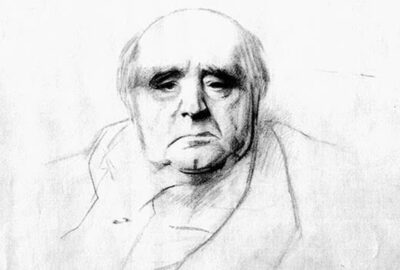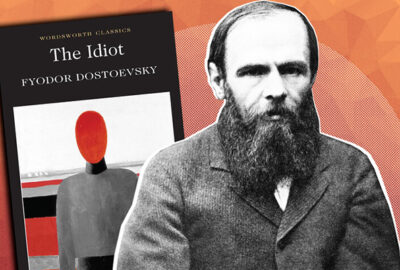“On the Edge of Reason” by Miroslav Krleža is a profound and satirical novel exploring the themes of absurdity and the irrationality of human society. The story revolves around the protagonist, a respected lawyer whose life spirals into chaos following a seemingly innocuous remark at a high-society dinner party. His comment, which challenges the prevailing social norms and hypocrisies, sets off a chain reaction, leading to his alienation and persecution by the very society he once belonged to.
The narrative unfolds in a series of encounters and experiences that expose the absurdity and cruelty underlying societal structures and human interactions. Krleža masterfully portrays the protagonist’s descent into a Kafkaesque nightmare, where rational thought and moral integrity become liabilities rather than virtues. The protagonist finds himself increasingly isolated, as friends, colleagues, and even his wife turn against him, fearing the repercussions of associating with someone who dared to question the status quo.
Throughout the novel, Krleža uses sharp wit and irony to critique the arbitrary nature of power, the superficiality of social conventions, and the ease with which reason and justice can be subverted by collective hysteria. The story is a powerful indictment of the human tendency to conform and the dangers of unquestioned authority.
Ultimately, “On the Edge of Reason” is a timeless exploration of individuality versus conformity, the fragility of human reason, and the often irrational nature of societal norms. It remains a relevant and thought-provoking read, offering insights into the human condition and the complexities of navigating a world where reason often teeters on the edge of absurdity.



